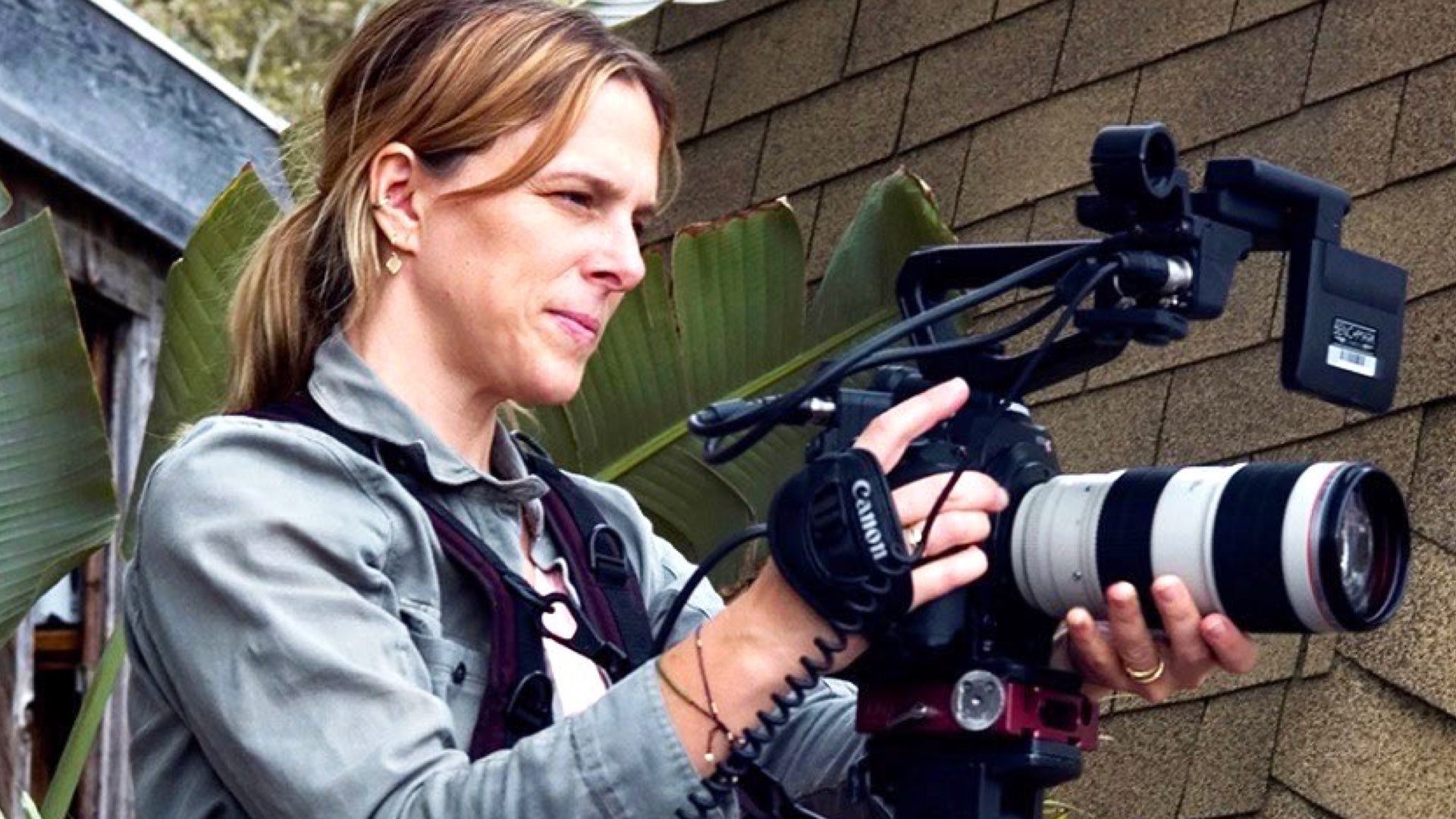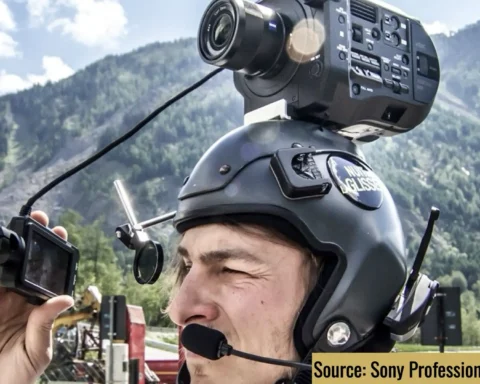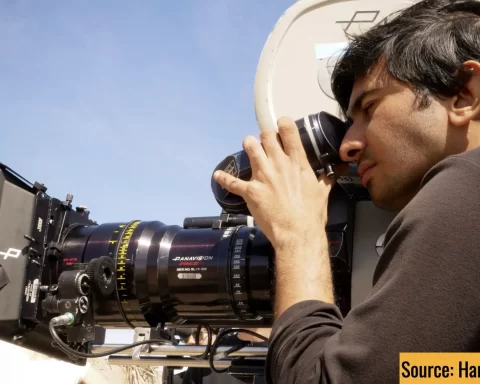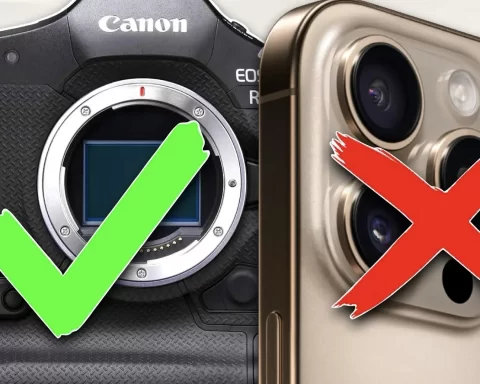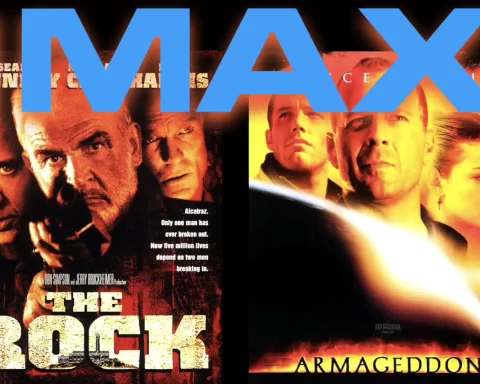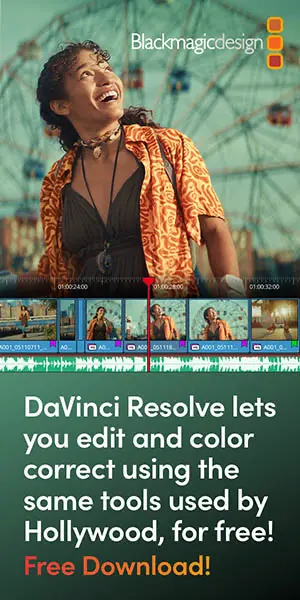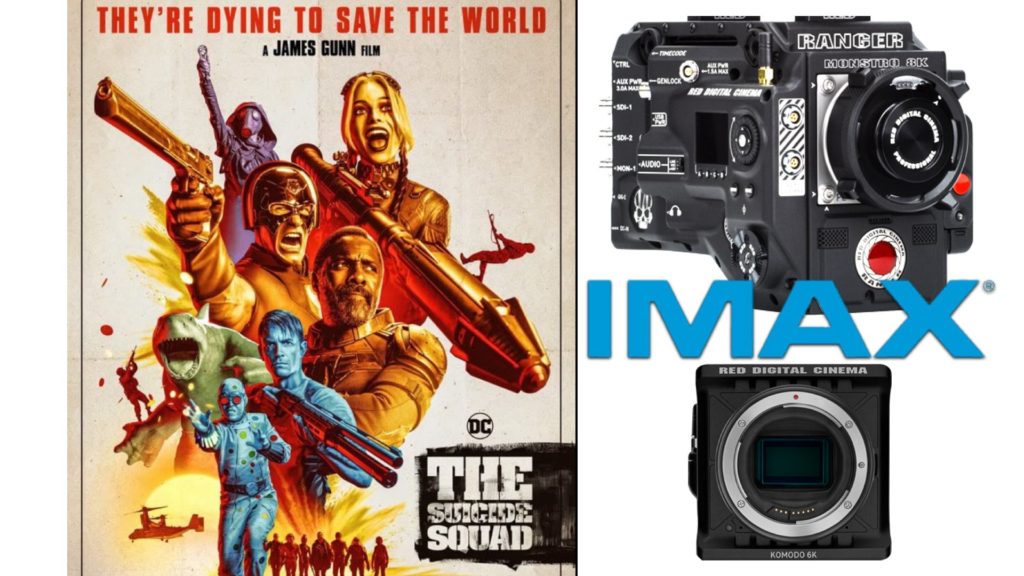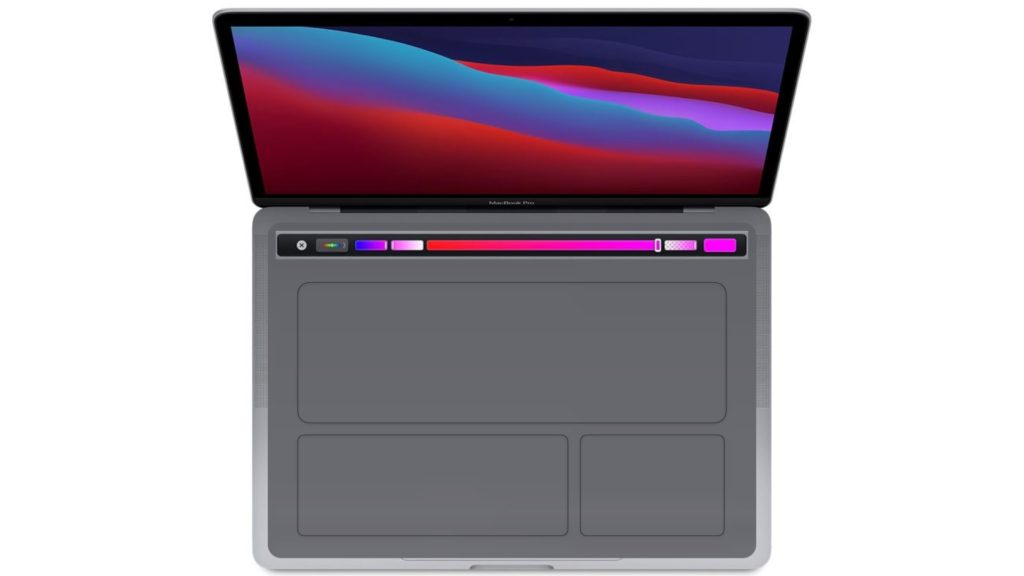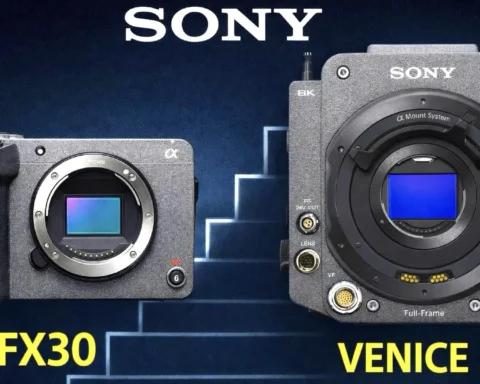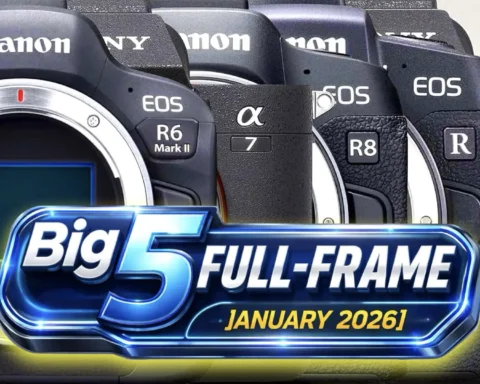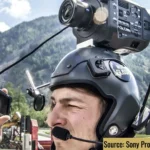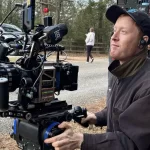As part of our series, Women’s Cinema, we interviewed third-generation cinematographer and documentary filmmaker Jenna Rosher. In this episode, Jenna enlightens us on what it takes to become a successful documentary storyteller. Furthermore, Jenna educates us on the nuts and bolts of directing, cinematographing, and producing documentaries compared to fictional narratives. Finally, Jenna elaborates on tips and bits of advice for other female filmmakers.
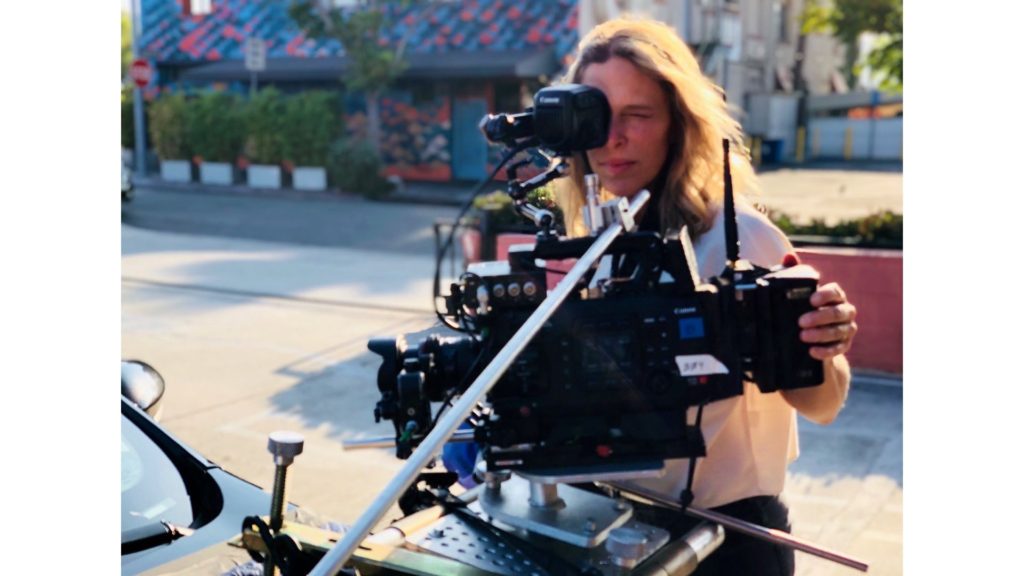
Make friends with a few talented editors and ask for their feedback on your footage. Tell them to be brutally honest with you. They can be such an asset to your growth as a DP
Women’s Cinema by Y.M.Cinema Magazine
Women’s Cinema is a series of articles by Y.M.Cinema Magazine that focus on the women in our industry, with the goal of encouraging women to pursue after filmmaking career and to provide a stage for female content creators in the filmmaking industry, regardless of their roles on set.
This time, we interviewed documentary filmmaker Jenna Rosher (IMDB, Website). For over twenty years Jenna has produced, directed, and filmed a wide variety of social, political, and music documentaries for television and film. A third-generation cinematographer, Jenna combines her love of filming with her passion for people and storytelling. This has given her the opportunity to not only shoot but also direct a number of high-profile, award-winning projects. Her work has been featured on Netflix, Amazon, Apple TV+, HBO, Showtime, PBS, CNN, Nat Geo, MTV, VH1, USA Network, TLC, Comedy Central, Discovery Channel, BBC, Sundance Channel, A&E, ESPN, ABC, CBS, NYTimes.com and many more. Read her insights below.
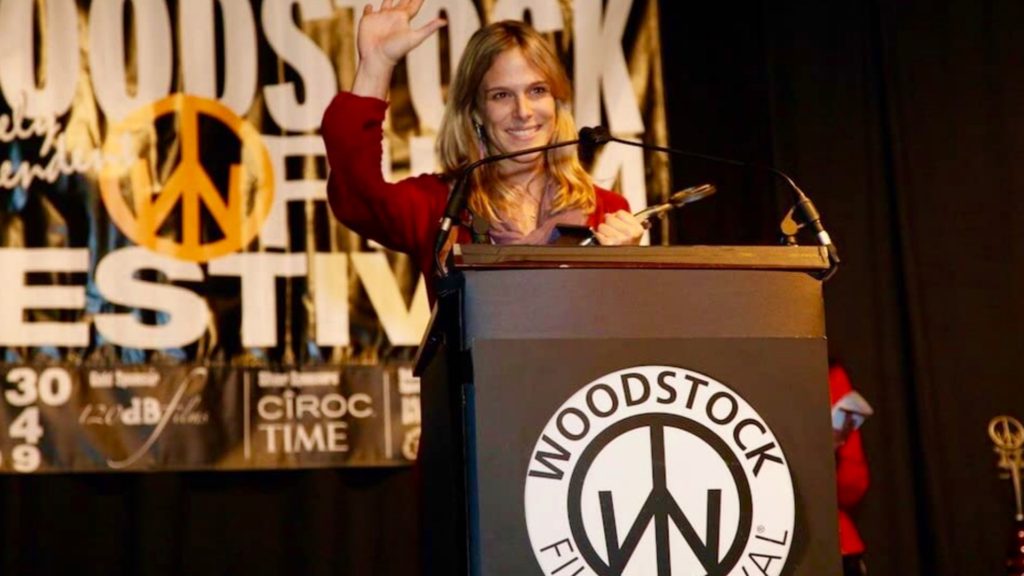
Stay curious, practice patience and invest in building trust with your subjects, it’s crucial…
Third-generation cinematographer
Y.M.Cinema Magazine: Please let’s know about yourself and why (and how) you chose filmmaking as a professional career.
Jenna Rosher: I am a third-generation cinematographer so I was exposed to filmmaking at a very young age. My grandfather was considered the first working cameraperson in Hollywood back in the Silent Era. He won the first Academy Award for Cinematography in 1928 for Murnau’s Sunrise: A Song of Two Humans. My father was an accomplished Director of Photography in his own right DP-ing such films as Robert Altman’s Three Women, A Wedding as well as the acclaimed 70’s true crime filmThe Onion Field.
I went to journalism school and was pursuing a career in broadcast news and quickly realized that long-form non-fiction was a much more interesting path for me. I worked as a producer/camera operator back in the late ’90s and early 2000s for a ton of TV documentaries. In 2005, I was invited to shoot my first feature documentary, Jesus Camp. The film won numerous awards including an Academy Award nomination. That was definitely a launching pad for my career.
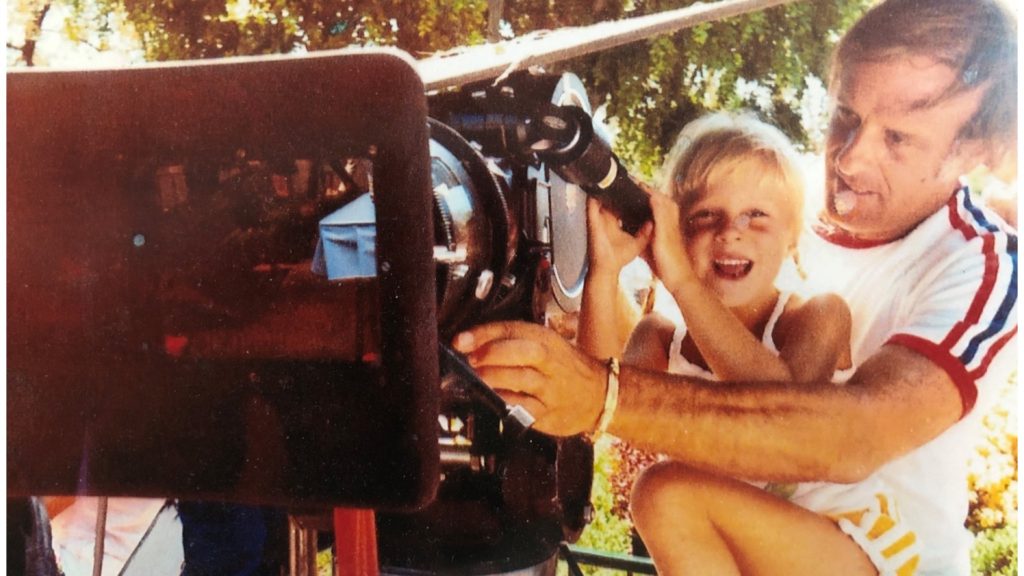
I am a third-generation cinematographer so I was exposed to filmmaking at a very young age. My grandfather was considered the first working cameraperson in Hollywood back in the Silent Era
Nothing is more thrilling to me though than winning the trust and collaboration of a subject. I feel blessed to have captured such a wide and diverse group of people over my 25 years behind the lens. I’ve had the great fortune of collaborating with such talents as Heidi Ewing & Rachel Grady (Jesus Camp/Norman Lear: Just Another Version of You/12th and Delaware, One of Us), Amy Berg (Janis Joplin: Little Girl Blue/An Open Secret) RJ Cutler (September Issue/Billie Eilish: The World’s A Little Blurry), Marina Zenovich (Robin Williams: Come Inside My Mind / LANCE) and Lauren Greenfield (Generation Wealth).
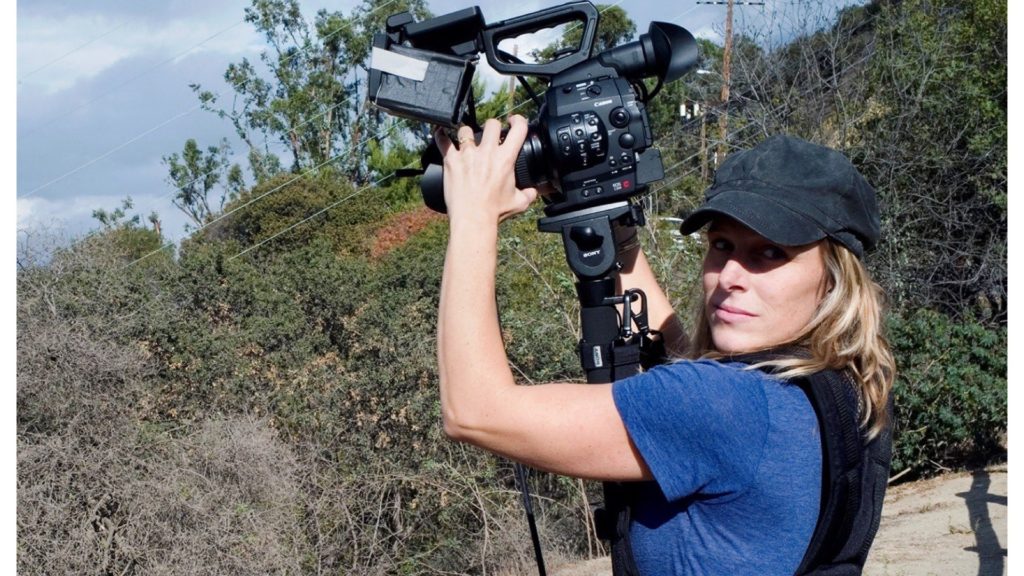
I feel blessed to have captured such a wide and diverse group of people over my 25 years behind the lens
Documentary DP vs. fictional film DP
Y.M.Cinema Magazine: Please describe your roles on the set. Do you have any preferred roles?
Jenna Rosher: The role of a documentary DP is quite different than that of a fictional film DP. I would say the primary difference is we are capturing real life as it unfolds, particularly in verite films. I love the challenge of operating the camera on an observational film where you really have no idea as to what is gonna happen next. Ongoing questions circulate in my mind. How can I capture this in a way that feels cinematic, with a unique perspective? Where is my light source and how can I make the most of it without affecting my subjects or manipulating the environment? What impact do I have being here? Do I need to back off or put the camera down? And when you’ve captured that moment that you know will without a doubt be in the movie, go home.
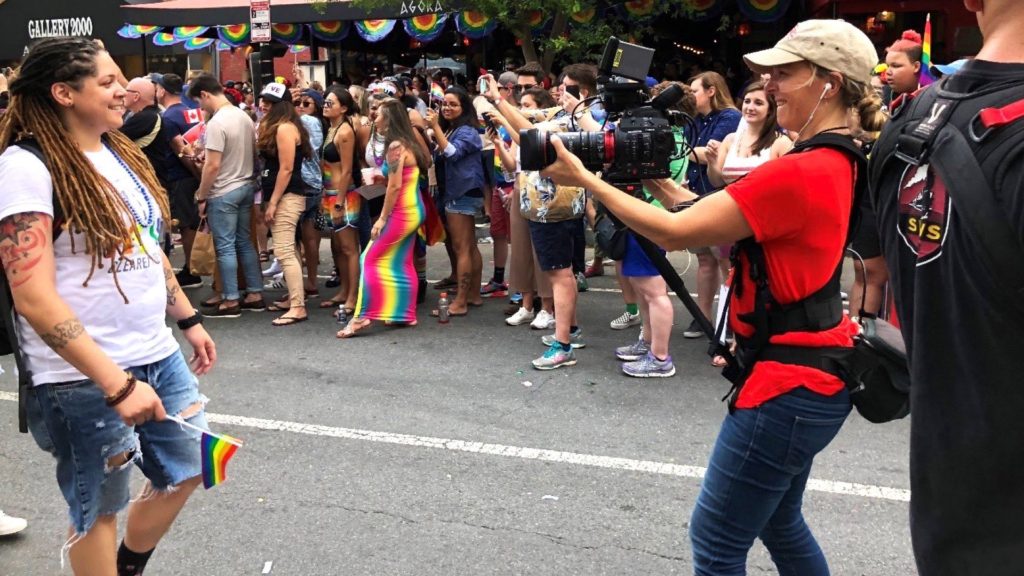
I love the challenge of operating the camera on an observational film where you really have no idea as to what is gonna happen next. Ongoing questions circulate in my mind. How can I capture this in a way that feels cinematic, with a unique perspective?
The glass ceiling
Y.M.Cinema Magazine: What’s it like to work in a professional environment dominated by men? As the majority of the filmmaking industry are men, do you feel that you have a glass ceiling above you?
Jenna Rosher: I feel fortunate to be working in documentary films as I’ve never really felt as if there was a glass ceiling above me. We have always had a bit more balance as far as female to male representation, and that goes all the way to the top at the EP level. The majority of directors I work with are women and I’ve had the opportunity to work on all women crews which are fantastic. At the moment I’m really interested in working with more women of color and supporting their voices and desires to make an impact in storytelling.
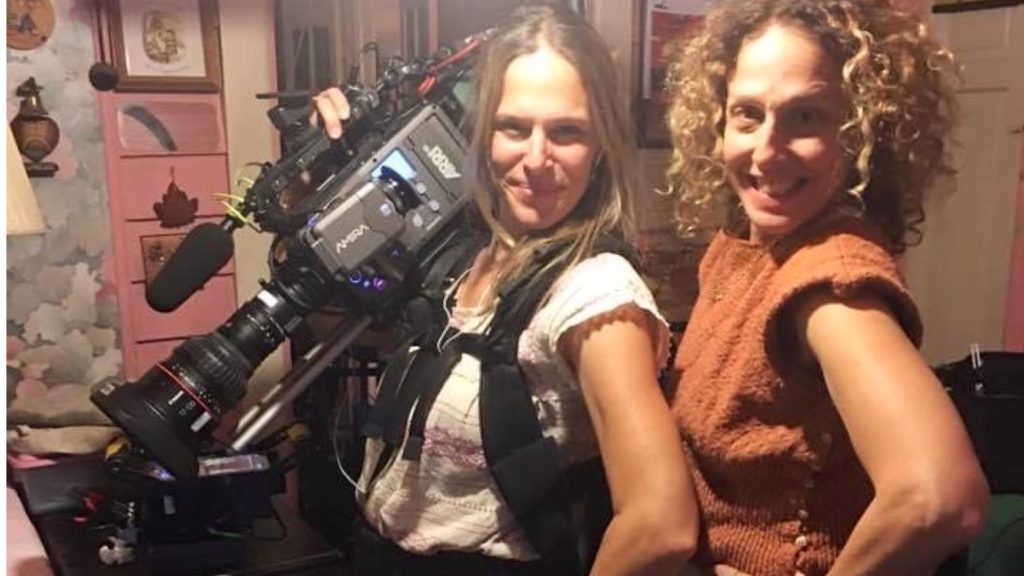
I feel fortunate to be working in documentary films as I’ve never really felt as if there was a glass ceiling above me. We have always had a bit more balance as far as female to male representation
The shift in the industry
Y.M.Cinema Magazine: Do you feel that you have to try harder as a female filmmaker in order to make a climb in the industry?
Jenna Rosher: I think women who are working in roles that have been primarily held by men work a heck of a lot harder to prove themselves. More and more though I’m feeling a greater sense of equality and an overall appreciation and recognition for what these talented women are bringing to the creative table. Nothing brings me more joy than to be part of a production where I see not just women but people of color in these roles that have been held primarily by white men. The industry is shifting slowly but surely and people are getting their chance to shine.
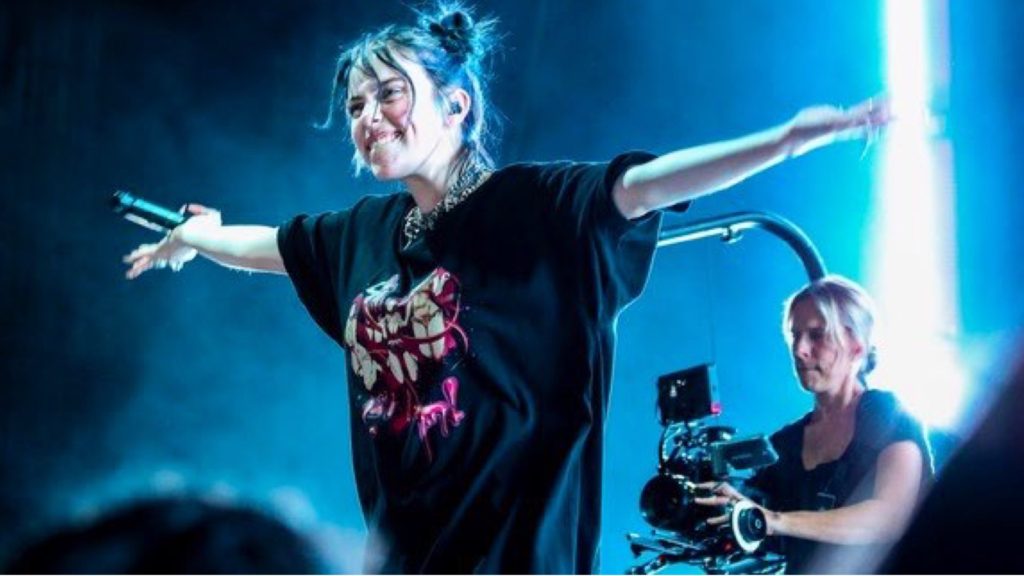
Nothing brings me more joy than to be part of a production where I see not just women but people of color in these roles that have been held primarily by white men. The industry is shifting slowly but surely and people are getting their chance to shine
Tips & tricks for others
Y.M.Cinema Magazine: Do you recommend other women to pursue a filmmaking career? If so, what’re your tips and tricks to do so?
Jenna Rosher: I’ve been mentoring women for years and have been a huge proponent of hiring women, especially in the camera and lighting departments. It’s been dominated by men for so long and it’s been incredible to see more and more women taking on roles as DP’s, gaffers, operators, AC’s, grips, etc. I’ve also been fortunate to have been hired by so many women directors throughout my career who have given my the opportunity to carry out their vision. As far as tips, watch lots of films, see who’s work you love and see if you can get a job working for them, starting as a PA. Get in that door and learn from the best. It’s inspiring being in the presence of gifted artists, you can learn a lot.
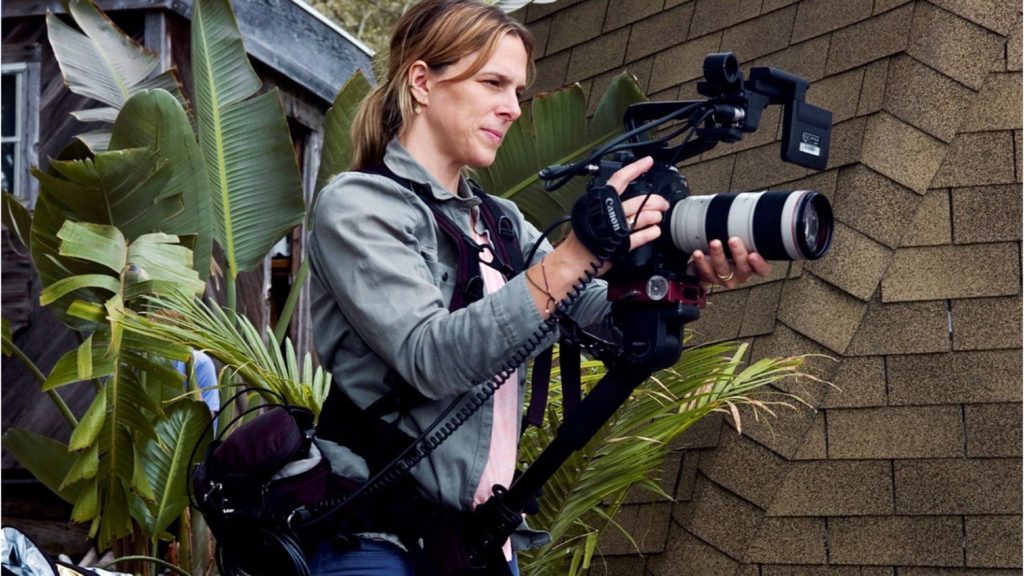
It’s been incredible to see more and more women taking on roles as DP’s, gaffers, operators, AC’s, grips, etc.
Final thoughts
Y.M.Cinema Magazine: Anything to add?
Jenna Rosher: Confidence is key in this business. As a cinematographer, I’ve come to realize the impact that my state of mind, attitude, confidence, and personality can have on documentary production. You are a real person capturing real life and it can be tricky at times. Take care of yourself and get your needs met before you immerse yourself in someone else’s world for ten hours. Stay curious, practice patience and invest in building trust with your subjects, it’s crucial. Don’t second guess yourself. Make friends with a few talented editors and ask for their feedback on your footage. Tell them to be brutally honest with you. They can be such an asset to your growth as a DP.

